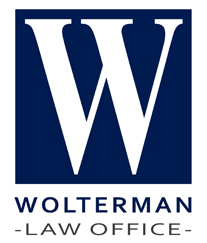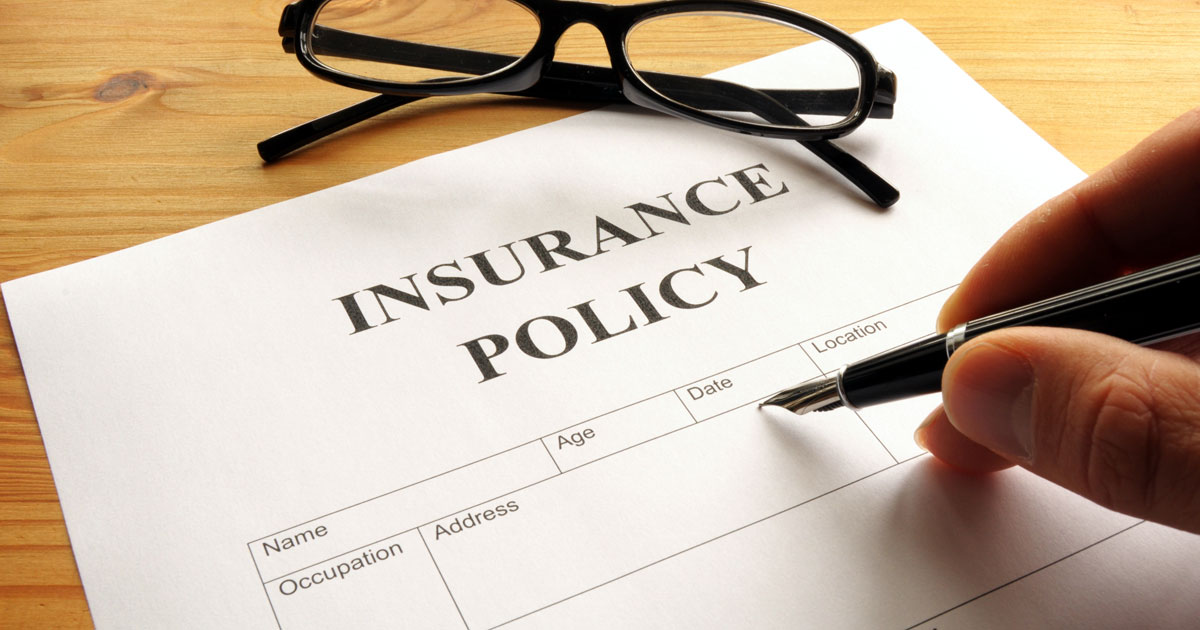The word “subrogation” is well-understand by insurance agencies, but it can be challenging for policyholders to understand how it works. It can come into play during a car accident claim if you are not at fault for what happened.
Auto insurance protects drivers by covering accident-related expenses and prevents policyholders from paying when they are not held liable for what happened. After a no-fault crash, you and your insurance provider might both have to shell out money to pay bills. When they work, subrogation processes return the paid expenses to not-at-fault drivers. Home and health insurance policies also have subrogation clauses.
Subrogation allows insurance providers to pursue liable parties in order to recover any monies that were paid out to their policyholders. For example:
- You are stopped at a redlight and a negligent driver smashes into the back of your vehicle. An ambulance arrives and takes you to the hospital where you receive treatment.
- You report the accident to your insurance provider, who contacts the at-fault driver’s insurance company.
- The payment does not arrive from the at-fault driver’s insurance company in time to pay your bills, so your provider pays them after your deductibles are paid.
- Your insurance provider subrogates the claim, seeking reimbursement from the at-fault party’s insurance company. If all goes as planned, you will also receive reimbursement for any deductibles that you paid out-of-pocket.
- When at-fault drivers are uninsured, insurance companies may go after the drivers for reimbursement.
Subrogation is handled by insurance companies, not policyholders. While you might want to take action, this will not affect the outcome; it is best to let your insurance provider do their job. It is not unusual for insurance providers to hold up subrogation processes though, leaving policyholders in the dark and wondering what happened to their insurance benefits.
What Should I Expect During Subrogation?
Your insurance agent will inform you that they plan to subrogate in writing, but be aware that they do subrogate all at-fault claims. Besides that, some claims and expenses do not qualify for subrogation because of state laws. During the process, you can continue driving if you are able, and your coverage and record should not be impacted. Depending on the policy though, your insurance rate could go up.
The subrogation process can take place quickly or extend to several weeks or months and can lead to settlements or lawsuits. The length of time depends on different factors, like whether or not the responsible party was found to be 100 percent at fault. If there are questions about who was liable or the at-fault driver is uninsured, things will most likely take longer. If your insurer receives less than 100 percent back from what they paid out, your deductible might not be reimbursed.
Can I Waive the Subrogation Process?
If you do not want your insurer to subrogate a claim, you can request a waiver of subrogation to prevent them from pursuing the reimbursement. This could be an option when an at-fault driver wants to settle with you directly instead of going through the insurance companies. People often do this, but it is important to speak with your insurer or attorney first. Some insurers will not allow it, and signing a waiver could prevent you from collecting enough money to cover your damages.
What Happens When People Do Not Pay Subrogation Claims?
Insurance providers contact at-fault parties and their insurance companies for reimbursement, but sometimes these communications fail. When settlements cannot be reached, a provider may decide to pursue a lawsuit. Insurance companies employ subrogation attorneys for this very reason.
Even when subrogation is successful, the agreed-upon amount might not be adequate enough to cover your medical expenses, lost time from work, and pain and suffering. In these situations, an experienced car lawyer may be able to help.
Health insurance providers may expect to be paid from a subrogation settlement that was paid out to a policyholder. This can also cause problems and can make matters complicated after people experience car accident injuries and have to pay for property damage.
Subrogation Claims and Ohio Insurance Laws
Your insurance company will not be able to subrogate a claim if you were 100 percent responsible for the accident. It is also important to understand the state’s modified comparative negligence rule that applies to car accidents. Personal injury claimants can recover against other parties found to be more responsible for causing accidents. If a court determines that you were 50 percent or more at fault, you will not be compensated. If the court sets your percentage of responsibility at a lower number, your awarded damages will be reduced accordingly.
In Ohio, you have a two-year deadline to file a personal injury claim for a car accident. Should you wait too long, the court will most likely dismiss the case. This is why it is important to contact a lawyer as soon as possible.
Loveland Car Accident Lawyers at the Wolterman Law Office Provide Trusted Legal Guidance to Personal Injury Clients
Our Loveland car accident lawyers at the Wolterman Law Office can ensure your rights are protected following a collision. For a free consultation, complete our online form or call us at 513-488-1135. Located in Loveland, Ohio, we proudly serve clients in Hamilton County, Fairfield, Norwood, and Forest Park.


